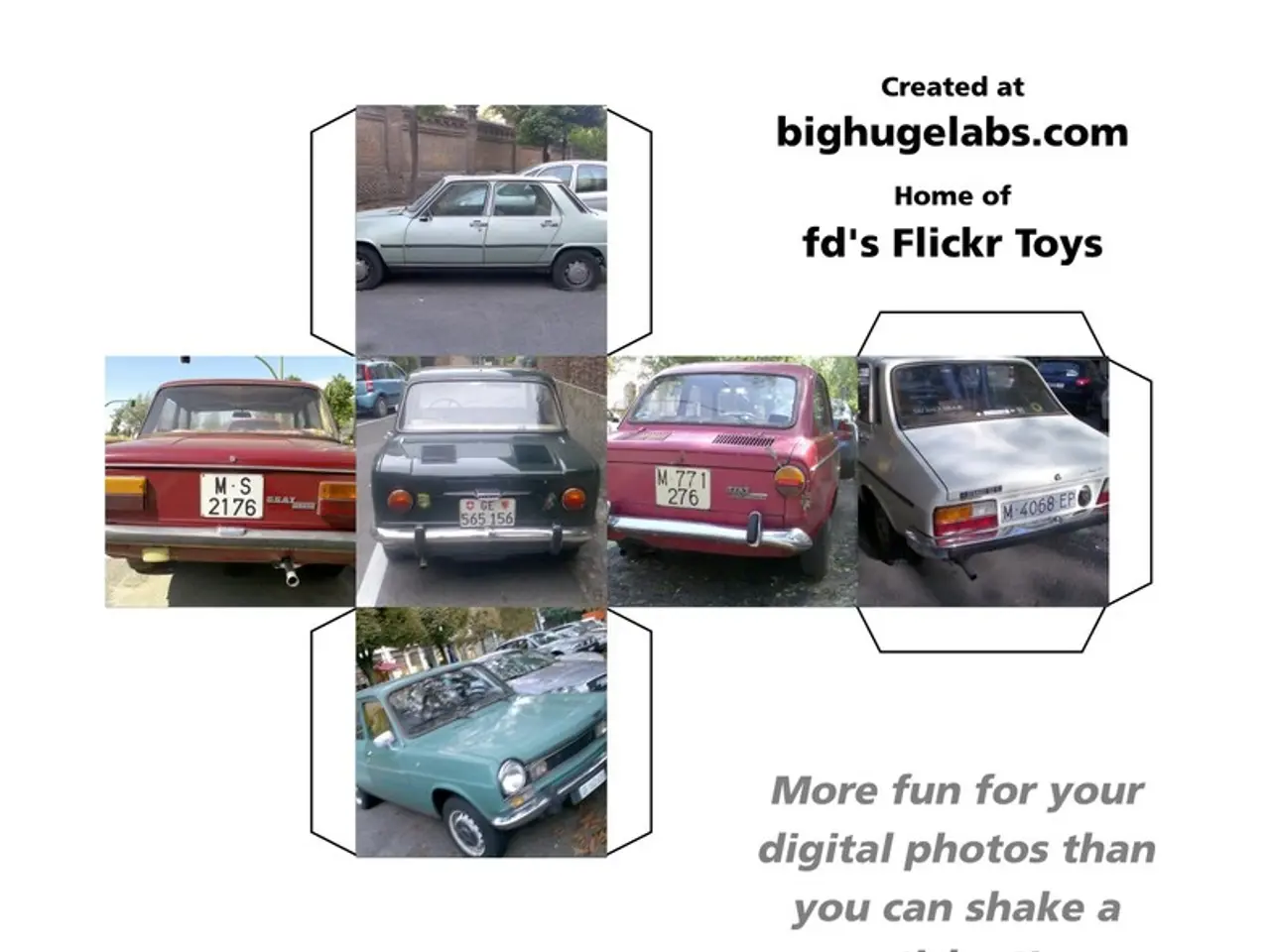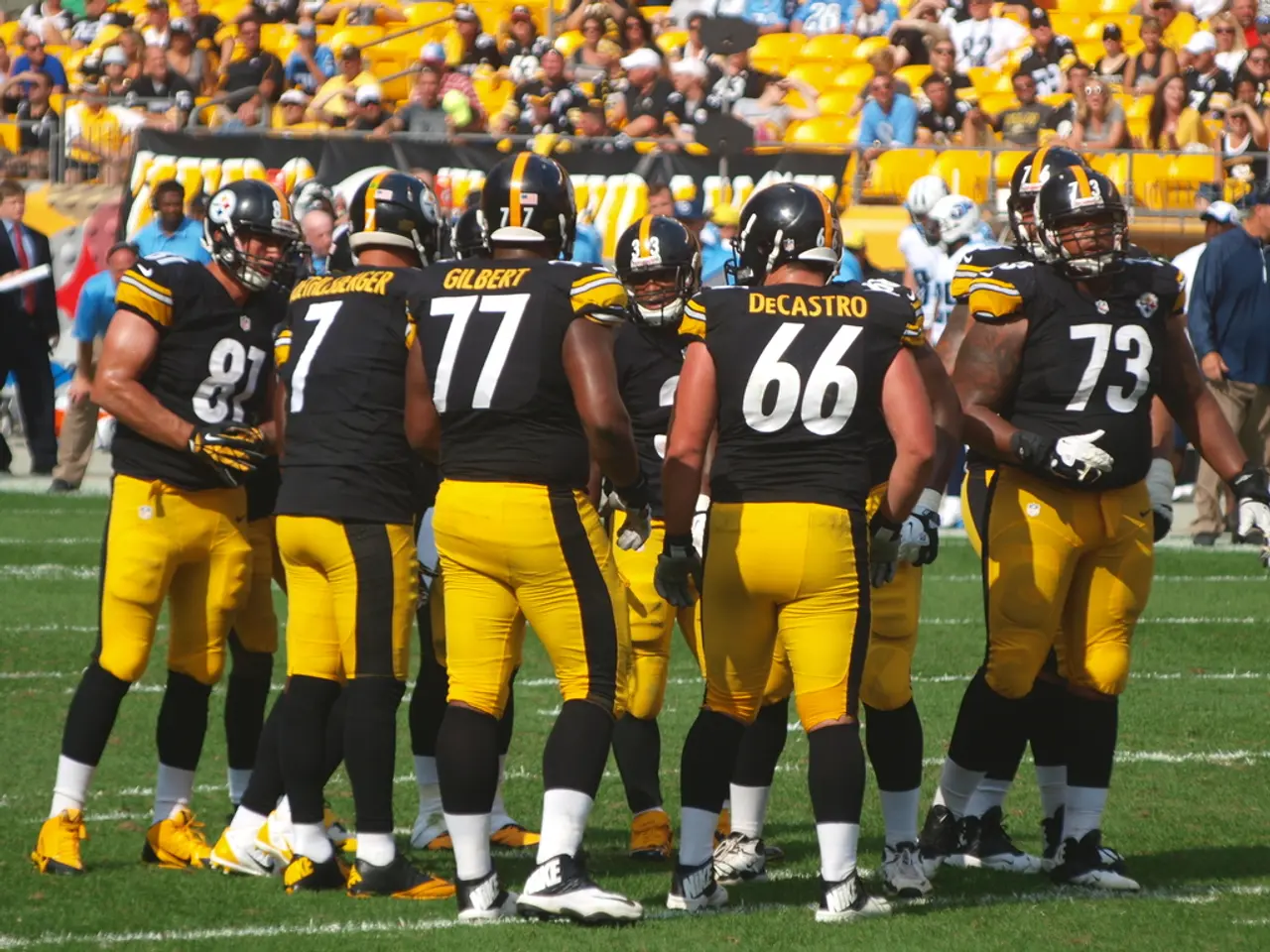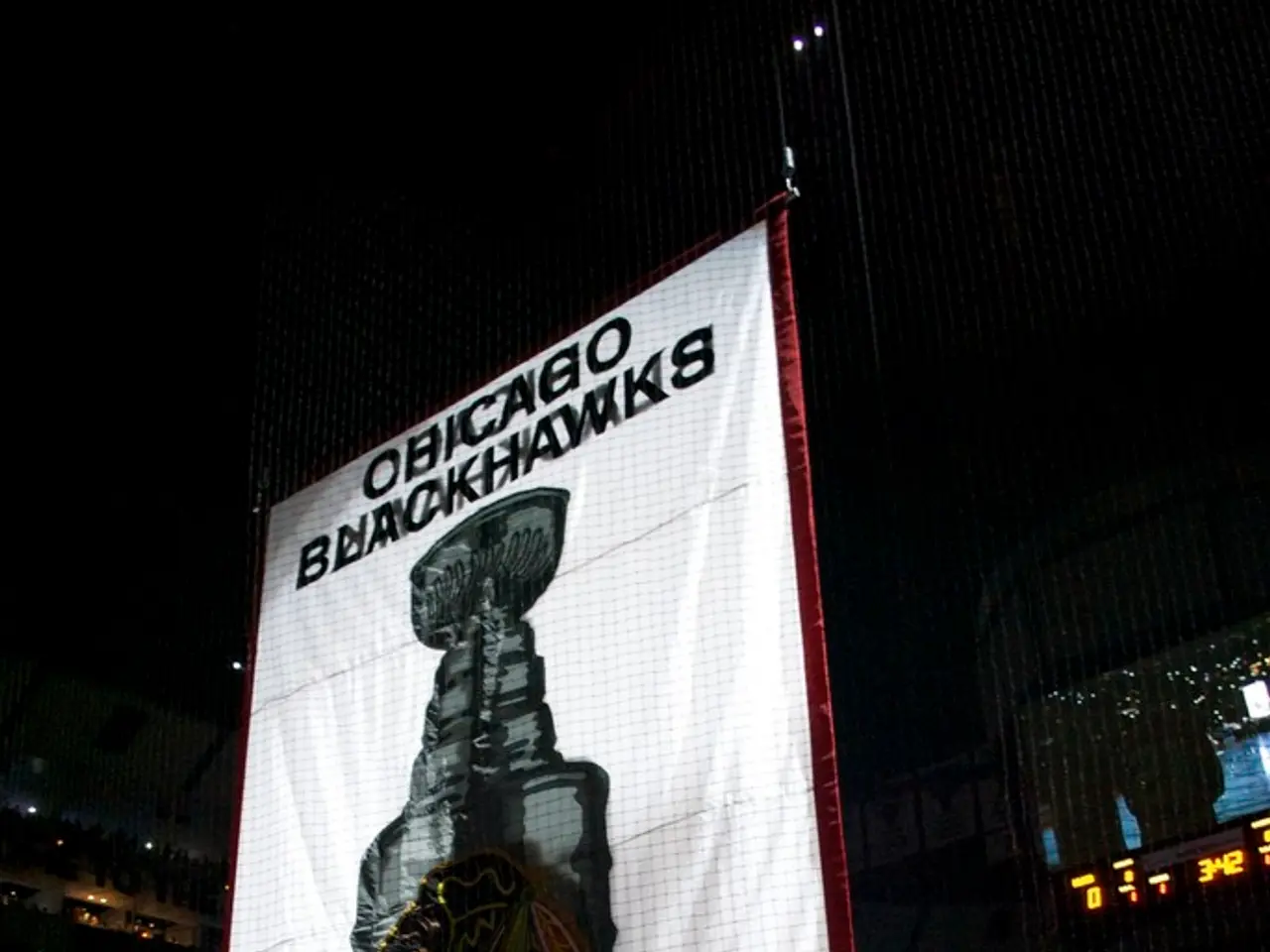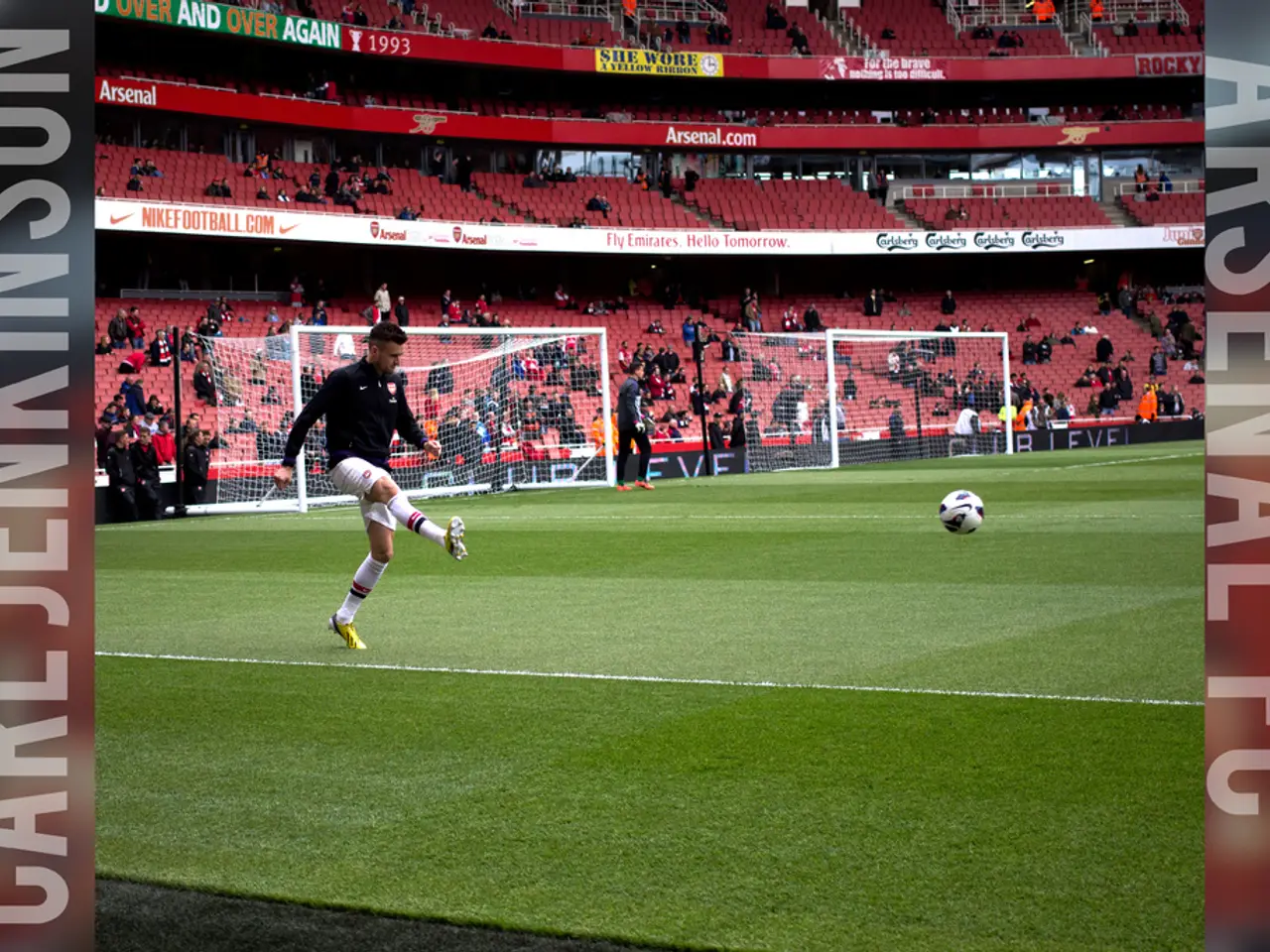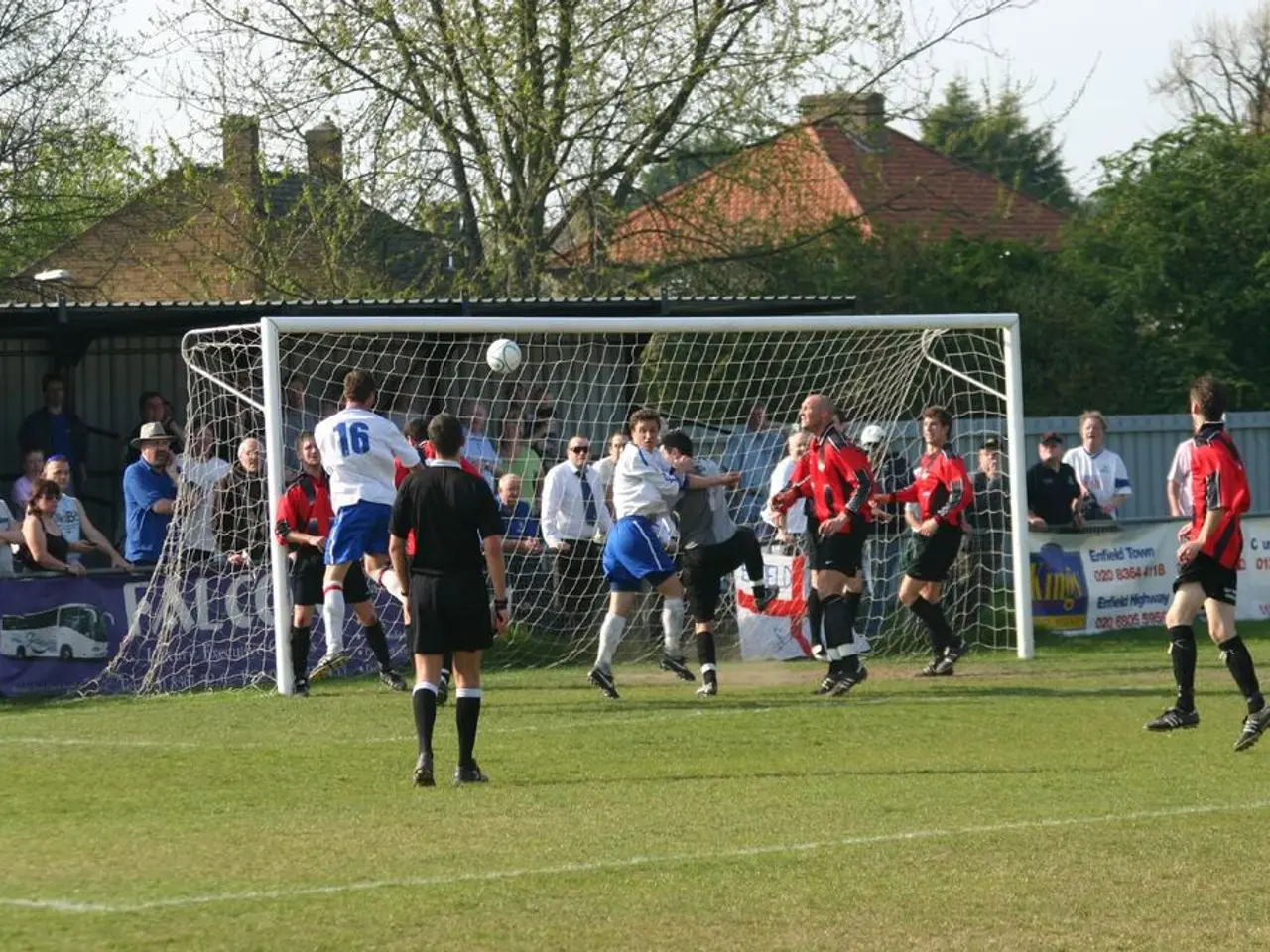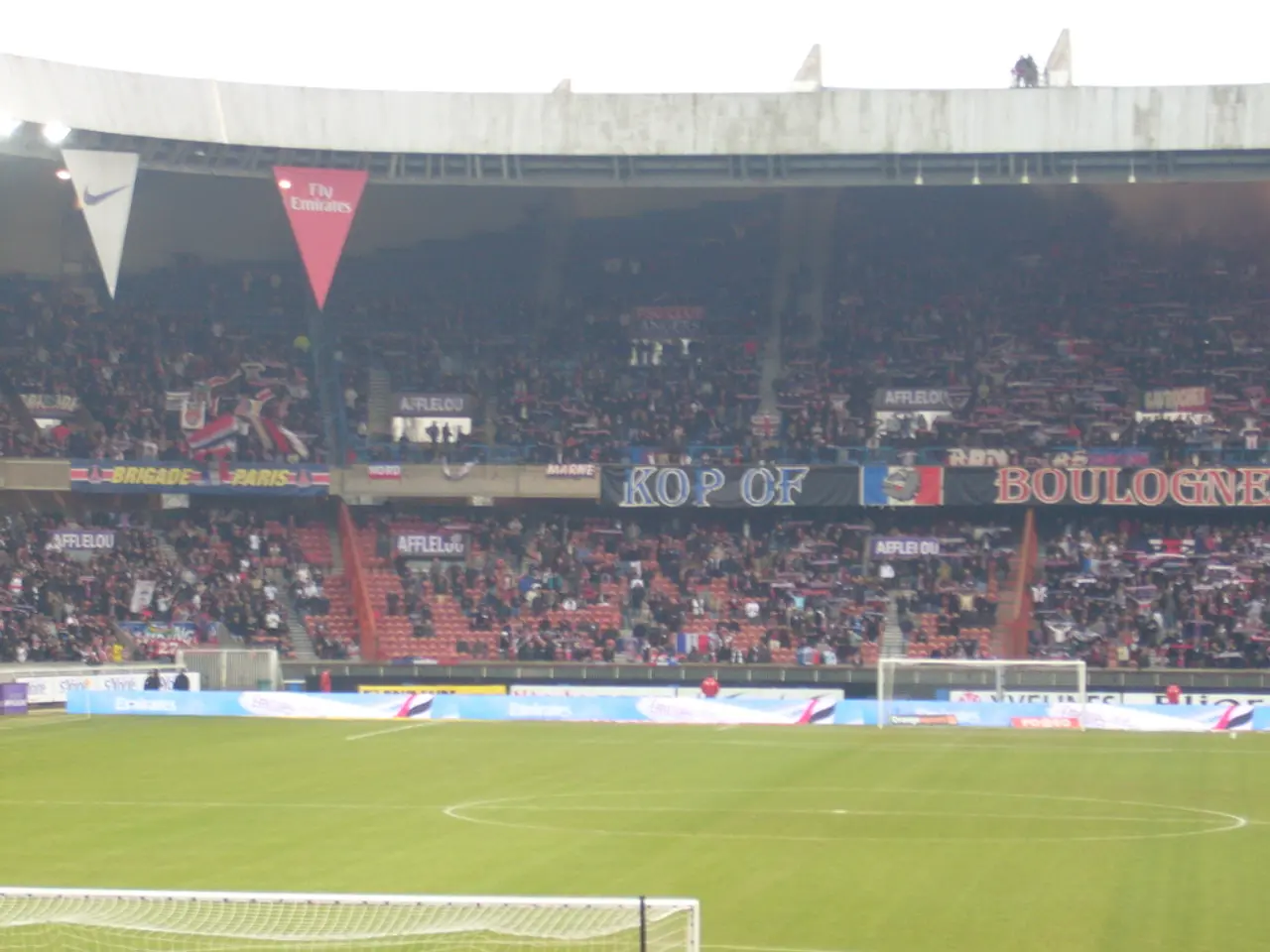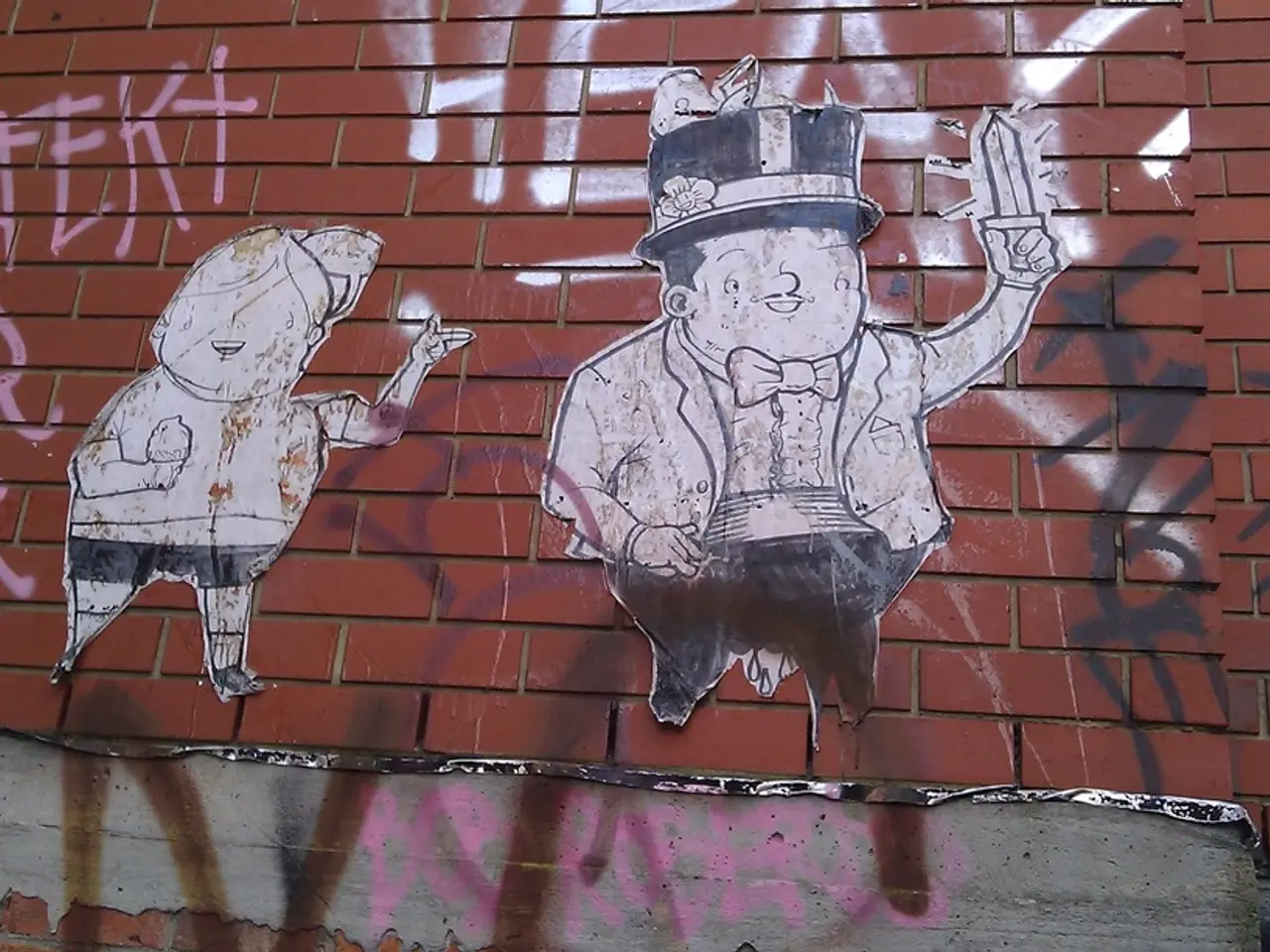Analysis of Trump's Proposed Legislation: Its Potential Impact on Your Daily Commute, Urban Environments, and Personal Finances
The recently passed "One Big Beautiful Bill" (OBBB Act) has raised concerns in New York, as it negatively affects the city's transportation system and green initiatives. The bill reduces or eliminates incentives and funding for sustainable transportation and clean energy projects.
One of the most significant changes is the elimination of federal electric vehicle (EV) tax credits. This move could slow down the city's push for a greener future, particularly for New Yorkers hoping to buy an EV, as prices remain high, and federal help is disappearing just as more people are trying to make the switch.
The rollback on EV credits could also worsen traffic emissions and stall green transit initiatives in cities like New York. The loss of federal incentives for EVs means higher upfront costs for EVs, which could slow the pace of adoption.
The TLC has been pushing for an all-electric rideshare fleet (Uber and Lyft) by 2030, and the loss of federal incentives may limit the city's ability to meet this goal. Some fleet operators may delay or cancel EV orders, while drivers facing higher monthly payments could opt for older gas-powered vehicles.
In addition, the bill eliminates the Commercial Clean Vehicle Credit, which supported fleet purchases. This could lead to more noise and pollution in neighborhoods already burdened by congestion and poor air quality.
Regarding the earning potential of taxi, Uber, and bus drivers in New York, the bill removes certain commuter benefits and tax deductions that previously supported workers using transit and multimodal commuting methods. For example, it limits the multimodal commuter tax deduction to a total of $175 across all modes rather than per mode, which could reduce financial incentives for public transit use.
However, the bill proposes a change that could increase drivers' take-home pay: it allows workers in occupations that customarily and regularly receive tips to deduct up to $25,000 in tip income and up to $12,500 in overtime pay from their federal taxable income. Yellow cab drivers in New York City earned about $11,500 in tips last year, which is nearly 15% of their total income. Transit and bus unions may need to revisit contract terms to ensure that drivers receive the full benefits of the overtime deduction.
The elimination of federal EV incentives may also lead to changes in the employment models within the transportation sector. Some private companies may consider transitioning from part-time or contractor models to full-time employment, particularly in the luxury transportation sector.
In summary, the OBBB Act presents a complex landscape where immediate tax relief prospects coexist with longer-term challenges for sustainable transport and driver incomes in New York. Green initiatives suffer from cuts to EV credits, climate-related transportation grants, and clean commuting benefits, slowing progress on decarbonizing transport. The city's transportation system faces reductions in sustainable transportation benefits, transit funding, and emissions enforcement, potentially hindering green initiatives and transit expansion.
The OBBB Act's elimination of federal electric vehicle tax credits may discourage New Yorkers from transitioning to electric vehicles, prolonging the city's reliance on fossil fuel-powered vehicles and increasing traffic emissions.
The proposed change in the OBBB Act that allows workers in occupations that customarily and regularly receive tips to deduct more of their income could impact the earnings of taxi, Uber, and bus drivers in New York, potentially influencing their decision to remain in these industries.
